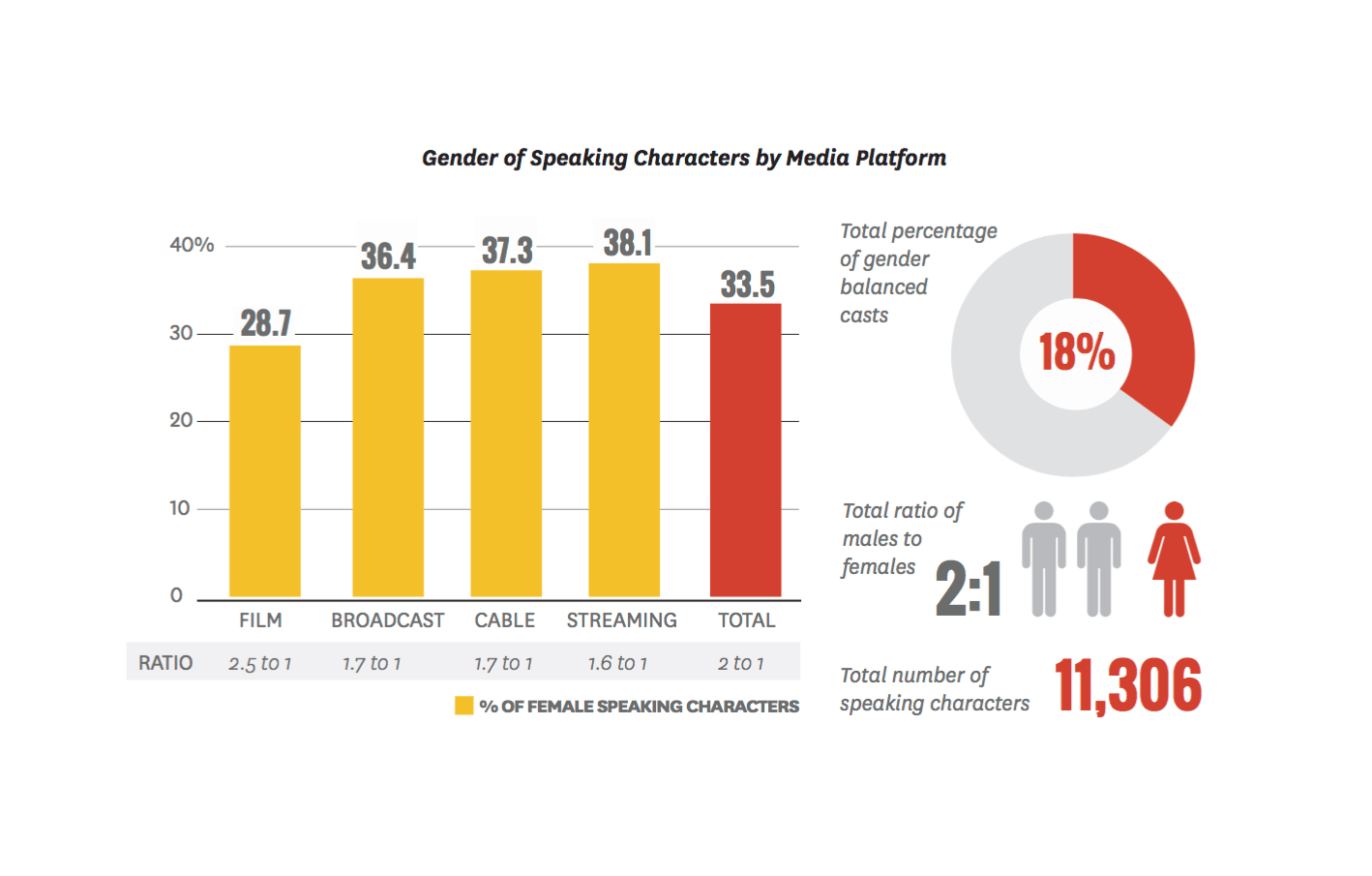Last year, not long after selling his game to Microsoft for $2.5 billion, the creator of Minecraft sent out a series of telling tweets:
The problem with getting everything is you run out of reasons to keep trying, and human interaction becomes impossible due to imbalance.
— Markus Persson (@notch) August 29, 2015
Hanging out in ibiza with a bunch of friends and partying with famous people, able to do whatever I want, and I’ve never felt more isolated.
— Markus Persson (@notch) August 29, 2015
This is a man who worked to create something of value and meaning in our world (Minecraft), and now feels isolated and unmotivated because he has everything he ever wants or needs (at least as it pertains to money).
How Much is Enough?
In Baltimore, where I live, the home team Orioles were recently trying to re-sign one of their sluggers, Chris Davis. The O’s offered $150 million, and Davis turned them down. After a month of negotiations, Davis accepted a contract of $161 million for 7 years.
In the midst of the haggling, the manager of the Orioles, Buck Showalter, was quoted as saying, “How much is enough? I said to Chris last season, ‘Chris, when you walk into a Target store, can you buy anything you want? Well, how much is enough?'”
Most of us are never going to have to worry about the amounts of money in the two cases above. But that line of “how much is enough?” is a question we all have to wrestle with.
Perhaps we’ve read the story of the Rich Young Ruler, where Jesus tells the man to give all he has to the poor, and we wonder whether we must obey this command in order to be in line with the principles of a Messiah who chose to live as a homeless man. Since Jesus only says this to one man, it appears this was not a blanket standard, but rather a specific recommendation for that one individual.
Jesus warns against the love of money, but he never gives a set amount of money He prescribes for all His followers. Instead, he prescribes an attitude all should have: “No one can serve two masters. For you will hate one and love the other; you will be devoted to one and despise the other. You cannot serve both God and money.”
Jesus never bans us from having money. He bans us from serving money. He warns us against loving money.
So with that in mind, when does money goes from “useful tool” to “really bad master”? How can we prevent money from have too prominent a place in our hearts? The answer will be different for everyone, but here are a few principles to keep in mind:
1. Be Intentional
No matter how much you have, be generous with it. In Luke 21, we see Jesus commending the generosity of a woman who is desperately poor. If giving $10 a month to a worthwhile charity is a stretch for you, do it and don’t feel bad that it isn’t $100 or $1,000. And if you’re choosing to give something up so you can make it happen, you’re working to keep money in its proper place in your heart.
2. Be Faithful
In the parable of the talents, Jesus never explains why one servant gets more than the other two. He also never compares the results of one servant against the others. They are each given a determination on what they did with what they were given. If you use what you are given in a manner designed to honor God, you can be sure that your efforts will be appreciated.
3. Be Aware
About 29,000 children die in our world each day from preventable causes like starvation and diarrhea. Those of us who have computers and smartphones on which to read articles are greatly privileged. Keeping up with the Jones’ should be kept in check by seeing how much need there is in other parts of our world.
This doesn’t mean you should feel bad about your car or your phone or the fact that you make more money than others. Shame won’t bring restoration to our broken world. But we often accept what we see around us as “normal.” We do well to broaden our perspectives and learn that we may, in fact, live in extraordinary abundance and we have the ability to look for ways to share out of that abundance with those who are in great need.























